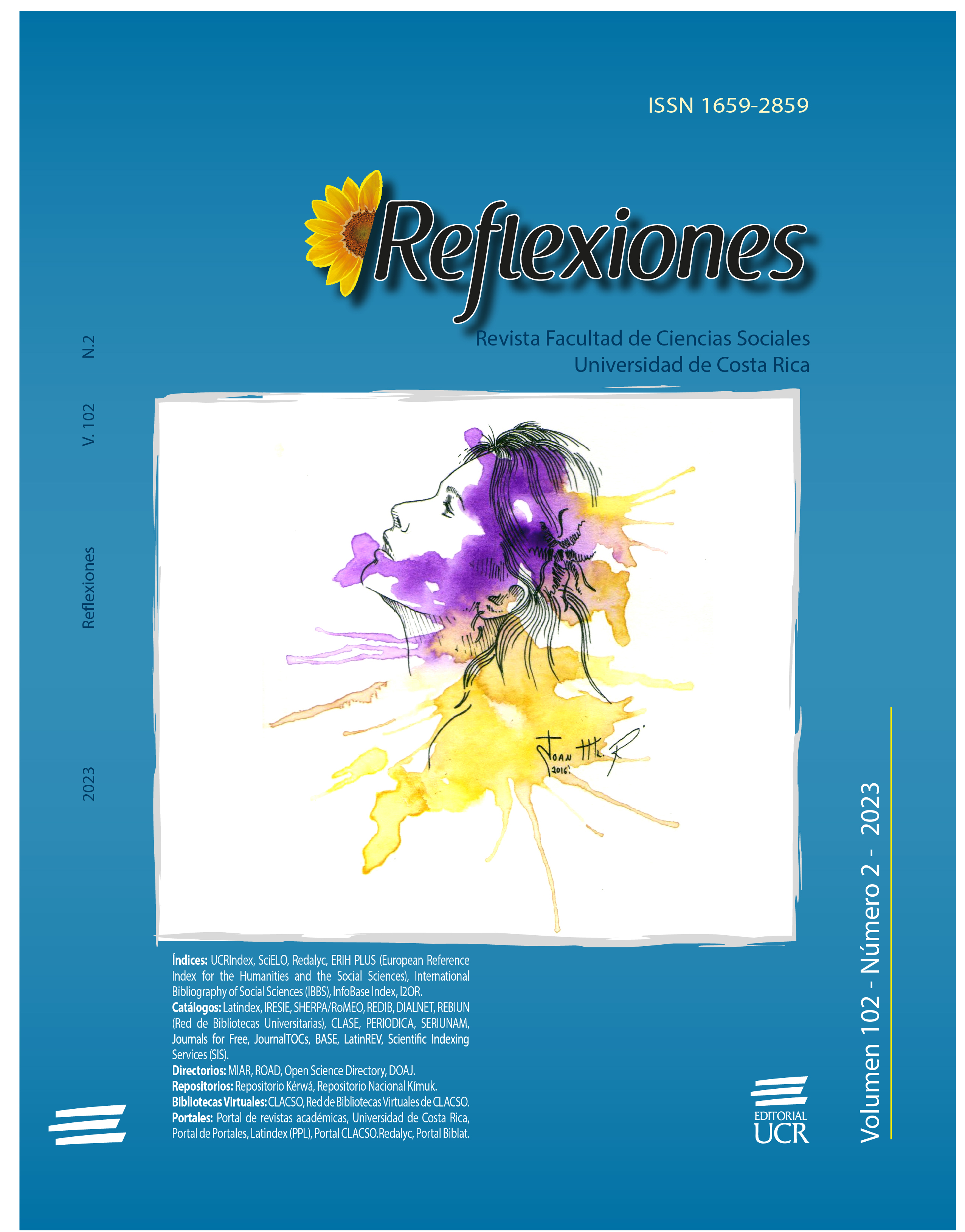Abstract
Introduction: In Latin America, a variety of policies and programs have been implemented that are responding to the demand for care of the dependent population, mainly children and the elderly, although not all at the same pace or with the same importance.
Objective: Take a tour of child care policies and the elderly population in Mexico, identifying the presences and absences in each of these and critically reflect on social inequalities around care.
Method: An extensive documentary review of both applied research, theoretical contributions and official sources on the subject was carried out. Likewise, legislative documents and institutional programs were consulted, carrying out an exercise of analysis of the information collected and subsequently, raising questions and objectives that gave rise to the discussion and conclusions on the subject addressed.
Results: The State's response to the demand for childcare and the elderly population is insufficient, before which it is clarified that it is the families and especially the women who assume this social responsibility. In addition, there are more child care services, which is not the case in the case of care for the elderly, a field in which a significant gap can be seen, especially in long-term care.
[Continue reading in the article]
##plugins.facebook.comentarios##

This work is licensed under a Creative Commons Attribution-NonCommercial-ShareAlike 4.0 International License.
Copyright (c) 2023 María Concepción Arroyo Rueda, Perla Vanessa de los Santos Amaya


